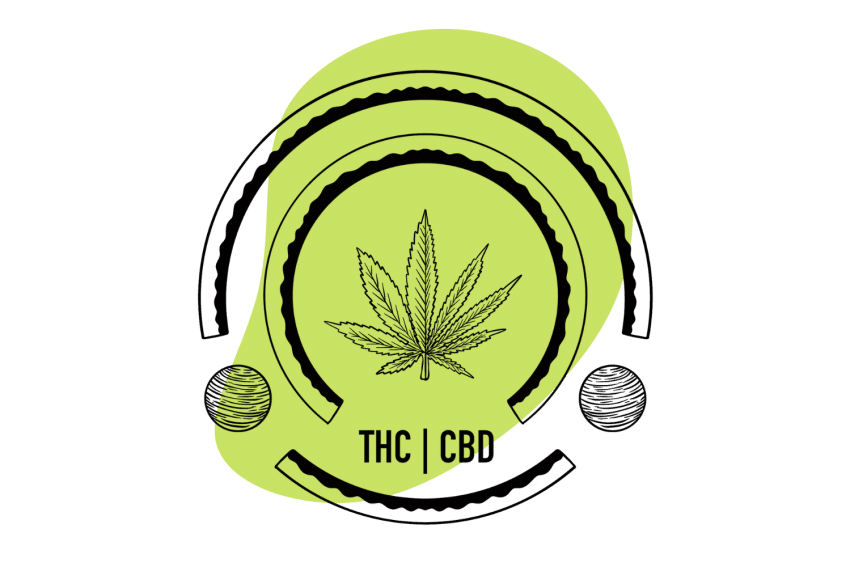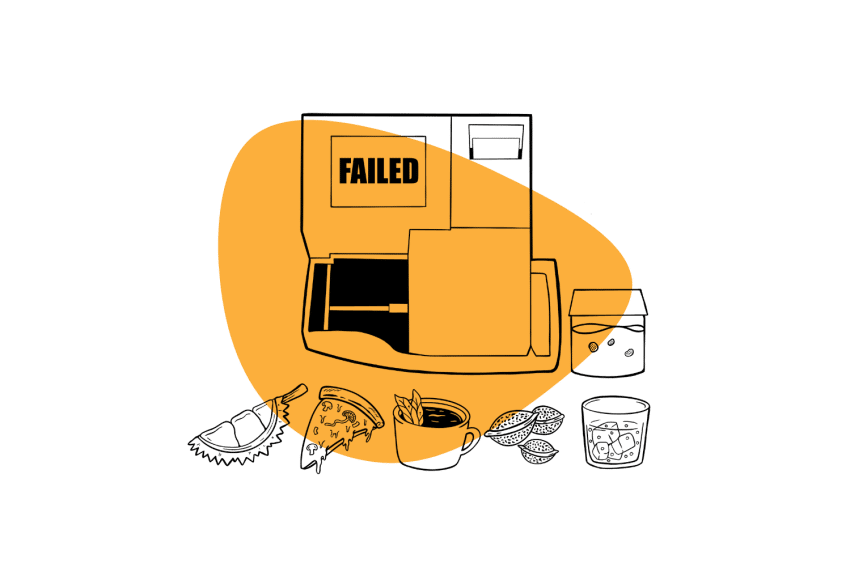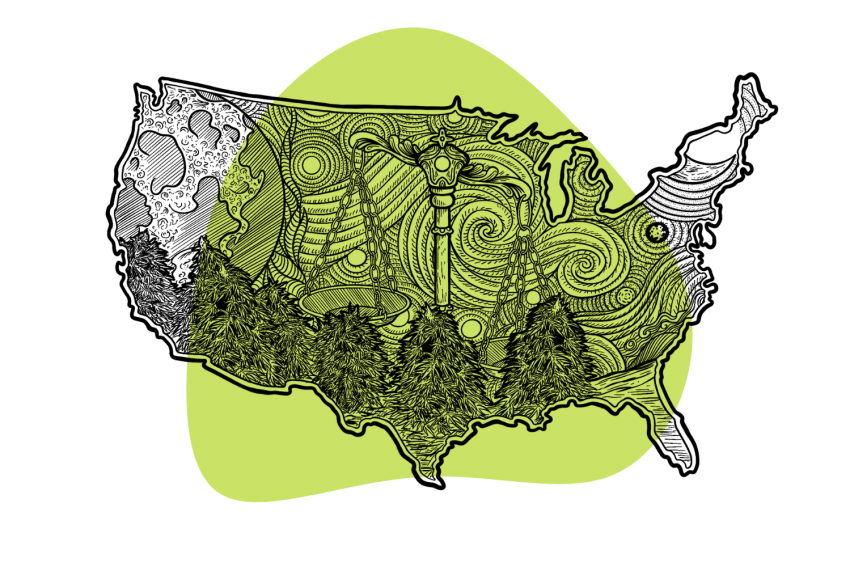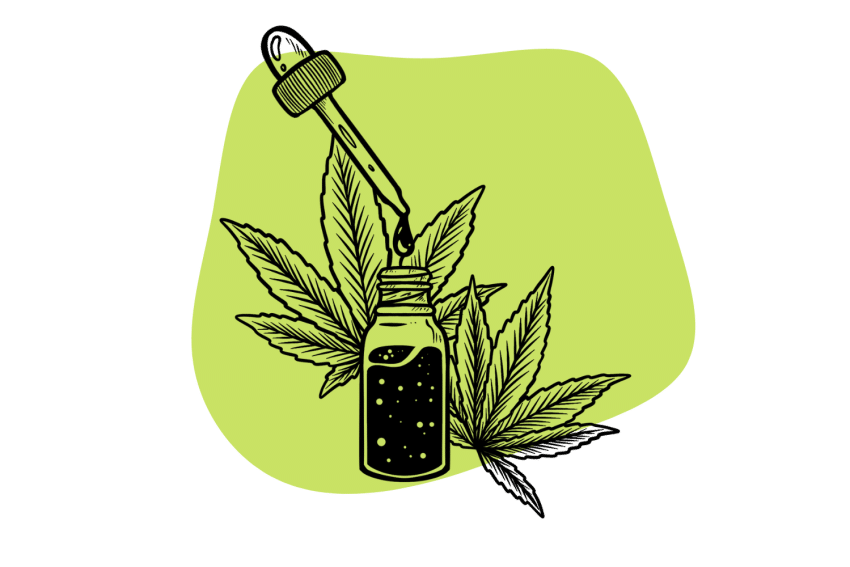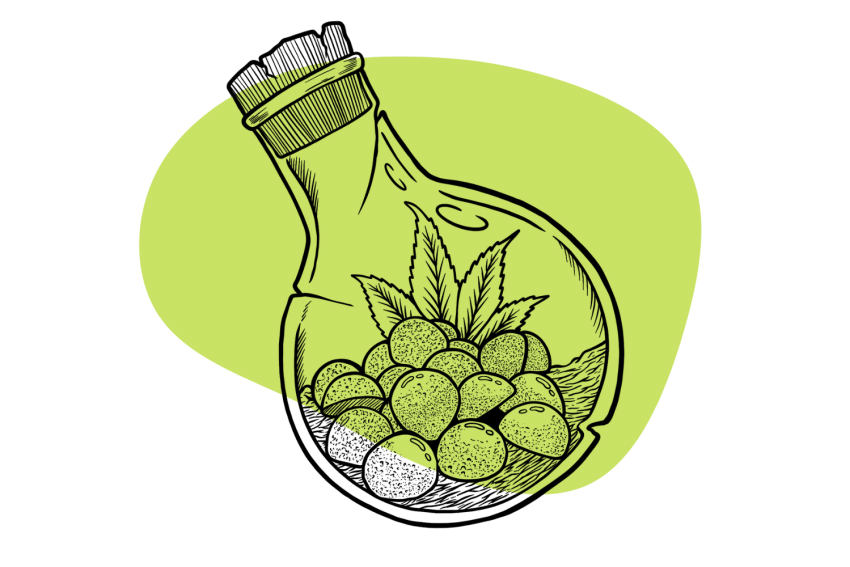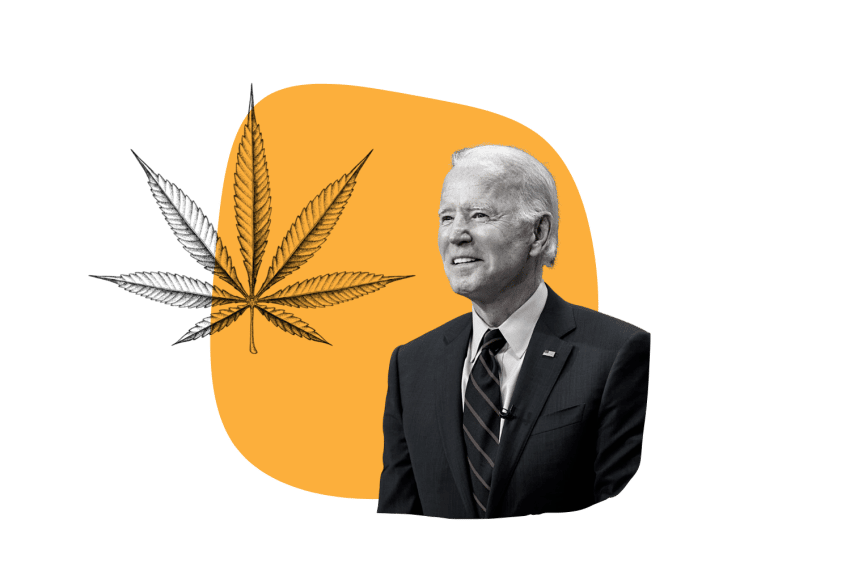Weed & Air Travel: What Happens if the TSA Finds Weed in My Bag?
Even in states where weed is legal, you’re going to want to avoid having your weed discovered by the TSA. Leave it at home if you want to avoid trouble.

Air travel can be nerve-wracking. There are a lot of rules and information to keep track of, all without being late or getting lost in the airport. And it can be even more stressful if you’re carrying a psychoactive substance that could get you in trouble with security.
More states are legalizing marijuana, which makes the final ruling on traveling with weed a bit confusing.
The bottom line here is that even though some states consider weed legal, the federal government does not. The TSA is a federal agency that can penalize you for possession of weed in an airport.
Can I Carry Weed on a Plane?
No, you cannot board a plane in the United States while carrying marijuana — no matter the amount.
This is due to the Drug Enforcement Administration’s (DEA) classification of marijuana as a Schedule I substance.
According to the government, these substances, which also include LSD and heroin, are beyond the realm of legal medical use.
Air travel falls under federal law — and as such, flying with any amount of marijuana on a plane is illegal. This is true even if you’re departing from or arriving in a state where marijuana is legal.
The Transportation Security Administration (TSA) is in charge of regulating the items of each passenger all across the US. Their rules and restrictions apply the same way all over the country. They are not affected by local state laws.
The only exceptions to the “no cannabis” rule are products that contain less than 0.3% THC on a dry weight basis. These products are derived from “hemp,”— which are cannabis plants that aren’t psychoactive and are instead used for medicinal or other purposes.
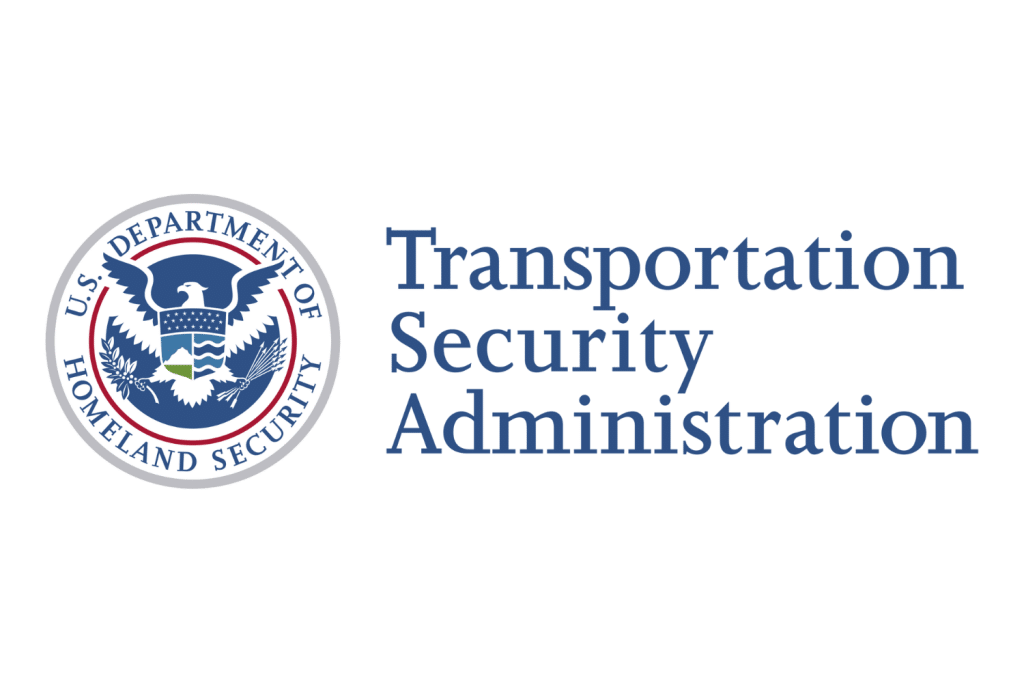
What if TSA Finds Weed on Me?
Although the TSA is in charge of retrieving illegal items, they’re not actively looking for marijuana.
Their main interests are security-related items, like weapons.
That being said, if the TSA finds weed on you or your luggage, your punishment will be proportional to the severity of your offense. If you’re carrying a minimal amount, they’ll likely confiscate your weed and let you go. If it’s an amount they find “problematic” (at the discretion of the TSA agent) — the situation will get more complex.
Their immediate course of action will be to hand you over to state law enforcement, who will determine whether to take legal action if the situation occurs in a state where marijuana consumption isn’t yet legal.
There are three possible scenarios:
- If they determine the possession as a misdemeanor with no prior offense, that entails a minimum $1000 fine and up to one year in prison.
- If it’s a second offense, it gets classified as a felony with a minimum of 15 days, a maximum of two years in prison, and a minimum $2500 fine.
- A third offense entails a minimum of 90 days, a maximum of three years in prison, and a minimum $5000 fine.
What If I’m a Medical Weed User?
According to the TSA, medical marijuana consists of “products that contain no more than 0.3 percent THC on a dry weight basis or that are approved by FDA.” Looking at the fine print, however, the tangible difference between both is subtler in terms of their components.
This means that you can travel with cannabis products as long as they contain less than 0.3% THC. CBD-based or medicinal non-psychoactive products usually meet these requirements — but make sure you check the labels!
The differentiation between legal “hemp” products versus conventional marijuana can be subtle. High-tech testing equipment is often needed to confirm a sample of inactive CBD oil remains below the threshold of THC. A TSA agent who believes you’re carrying medicinal hemp products can still cause a lot of problems for you until the contents are identified.
Marijuana products remain prohibited on airplanes regardless of having a medical license.
But What if Weed Is Legal in My State?
TSA falls under federal jurisdiction regarding marijuana use and possession, so state laws don’t affect air travel.
Legalization is moving at giant leaps, with several states decriminalizing both recreational and medicinal use in the past few years. So, what would be the problem with carrying weed from one legal state to another?
The gambit here is that federal law always trumps state law in the case of air travel.
Since marijuana is a controlled substance on a federal level, associations like TSA are bound to fall back on that system. This includes referring to a law enforcement officer for possession or sale of marijuana, even in a state where its use has been legalized.
What Exactly Does Federal Law Say About Weed?
Federal law presumes possession of weed as illegal and a general offense. The reasons as to why date back to the Controlled Substances Act (CSA) established in the 1930s. This act establishes the hierarchy of importance and danger among common drugs and places weed as one of the most harmful.
The CSA classified marijuana as a Schedule I substance, the highest order within this standard. Drugs in this category are highly addictive and contain no medical value, which puts marijuana’s own history of medical acceptance into question.
Earlier this year, the US Department of Health and Human Services (HHS) recommended marijuana be classified as a Schedule III substance. This would imply a far lesser risk of abuse and more leniency towards its medical use. This claim still hasn’t been approved—but keep an eye out for updates.
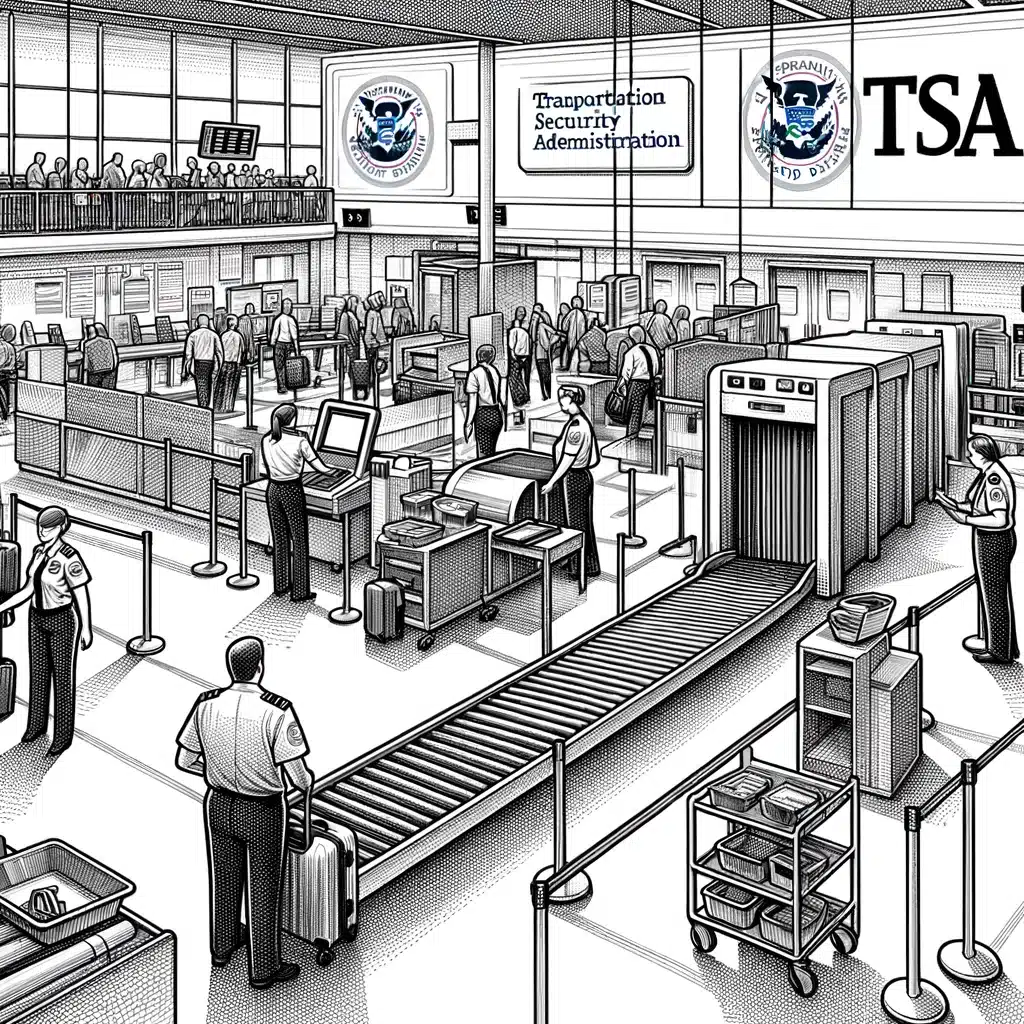
What’s the TSA’s Stance On the Topic?
TSA officials have gone on record to say that they’re not actively looking for drugs.
Their highest concern involves any kind of weapon or explosive that could be carried by a passenger.
The TSA, as we know it, was formed to tighten airport security after the 9/11 attack. By definition, its job is to detect anomalies and prevent situations of danger in transportation. That includes getting involved in activities that federal law constitutes as illegal.
Since marijuana is prohibited, if found, the TSA will have to intervene and determine the following steps to be taken. However, it isn’t a high priority for them.
It should also be noted that smelling dogs are no longer trained for the smell of marijuana. This is largely because many passengers smell like weed due to habitual use—even if they aren’t carrying any.
FAQ: Flying With Weed
Here are the answers to some questions people often ask about flying with weed.
1. Can I fly with cannabis-infused products?
That’s more of a one-on-one situation. If we’re talking about products such as oil, hash, or edibles, since those are still cannabis products, they remain illegal. But other products may be good to take! Make sure you read the TSA’s guidelines and your product’s label to get an idea.
2. What will happen to my weed if they find it?
It generally depends on where you’re taking the flight. The main protocol is that all evidence goes to local enforcement, where they confiscate and shelve them.
The notion here is that should your case fall on a trial, the drugs found would serve as evidence for the crime you’re being accused of. The drugs would be tested and run through multiple analyses depending on how serious the case is.
3. Do air travel weed regulations change between states?
No, air travel regulations are universal across all US states. They’re based on federal law, which trumps state law in the case of air travel.


